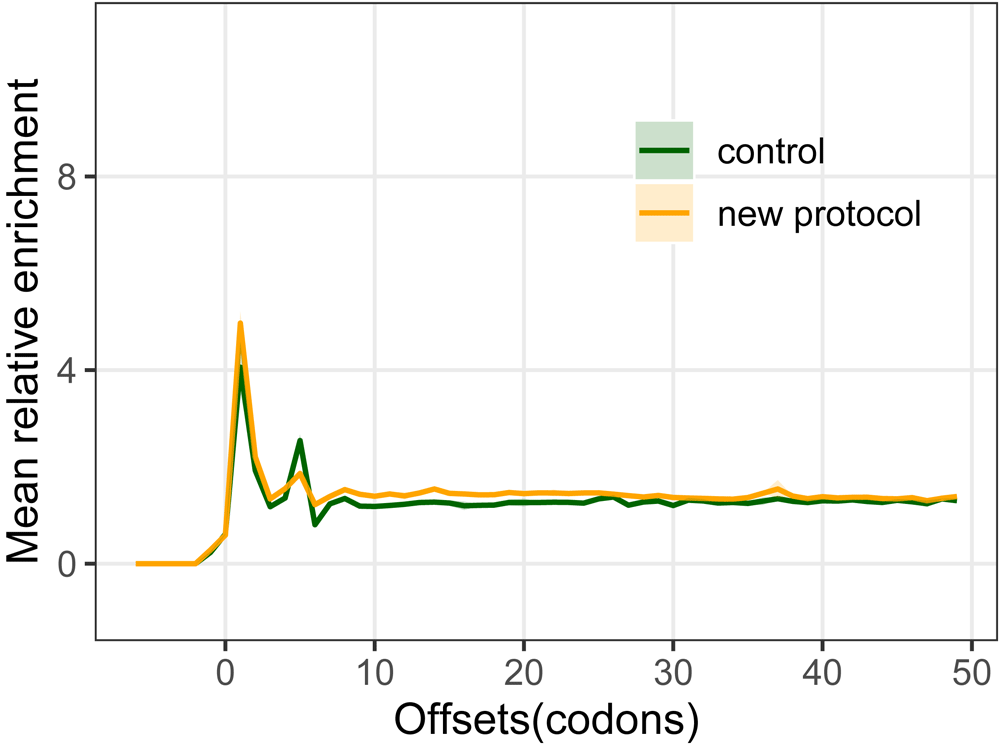Mark your calendar! On January 17th, 2024, Hannes Klump, Director of Transfusion Medicine and Cell Therapeutics at the Uniklinik RWTH Aachen, will talk about
‘The quest for novel HOX-gene combinations promoting hematopoietic stem cell development from (i)PSCs.
Induced pluripotent stem (iPS-) cells may become a promising source for the generation of patient-specific hematopoietic stem cells (HSCs), in vitro. However, protocols allowing for the directed, efficient generation of HSCs with long-term multilineage repopulating properties do not exist yet. So far, the most robust strategy for generating hematopoietic progenitors from pluripotent cells, in vitro, has been established in the mouse model involving ectopic expression of the human transcription factor HOXB4, as we have repeatedly shown. Its enforced expression promotes the formation of hemogenic endothelium cells and their subsequent morphologic transition to early hematopoietic progenitors. Nevertheless, it is not sufficient to mediate a complete, final maturation to an adult phenotype comparable to bone-marrow resident HSCs, in vitro. Because of the paramount role of HOX-genes for development and maintenance of HSCs, one the aims of our lab is to identify combinations which allow for the de novo generation of fully mature HSPCs from differentiating mouse and human PSCs and, also, the expansion of adult HSPCs.
Join us for insights into exciting science on January 17th, 3 p.m., at the University Hospital Regensburg KUNO (Buildiung C5), room 3.552!

















